
Who is Aaron Swartz?
I am not a geek, hacker or programmer but simple storyteller. Some stories are unbearable to write, such as this one -- about an amazing geek and hacker who died suddenly, sadly on January 11. The world lost someone special two days ago. As you prepared for your weekend fun, he contemplated the last moments of life before taking it. You can blame the US government, as his family does and I do. A bright star has gone dark on the Internet firmament, and we'll never know what won't be seen because of it.
I didn't know Aaron Swartz, just of him. I followed some of his accomplishments and legal woes, which surely were catalyst for his final decision. Around the InterWebs, the 26 year old is described in many ways: "programmer"; "hacker"; "activist"; "advocate". His work almost certainly touches your daily life. Swartz co-authored RSS 1.0; he helped architect Creative Commons; he was serendipitous Reddit cofounder via acquisition of his company Infogami; and he was one of the most vocal, active and successful SOPA (Stop Online Piracy Act) opponents.

FBI shuts down third-party Android app stores for piracy
The Federal Bureau of Investigation and Department of Justice Intellectual Property Task Force announced on Tuesday that they had for the first time shut down third-party Android app stores for piracy: applanet.net, appbucket.net, and snappzmarket.com. The three domains are now in the custody of the U.S. government and in their places are FBI shutdown notices.
In the last twelve months, the FBI has seized hundreds of domains related to various illicit activities, including "carding" (selling stolen credit card information), the sale of counterfeit merchandise, wire and bank fraud via botnet, and, in the case of Megaupload organized crime.
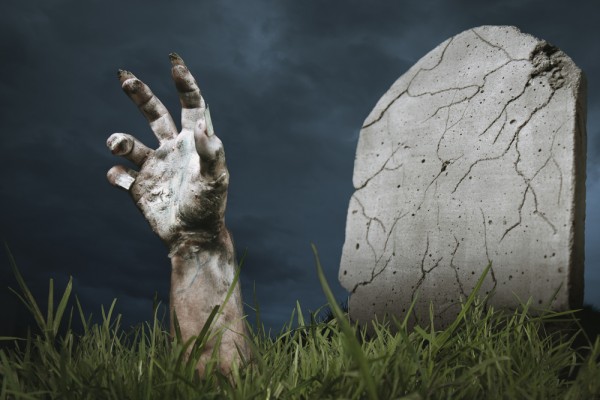
Obama's 2013 budget: SOPA rises from the grave
While the White House in January signaled deep concerns about the Stop Online Piracy Act (SOPA) and PROTECT IP Act (PIPA), President Barack Obama's 2013 budget proposal suggests that he still plans to push for wider enforcement of intellectual property, a concession to the entertainment industry that could prove critical to his reelection efforts in 2012.
Last month, coordinated protests erupted across the Internet as prominent websites, Wikipedia among them, blacked out for 24 hours. Protesters argued that either bill, if passed into law, would greatly impede free speech and give the Justice Department unprecedented powers to censor the Internet. Those hailing victory over SOPA and PIPA should have a look at back-door enforcement championed by the White House.

MPAA chief Chris Dodd fights off allegations of bribery
Opponents of the Motion Picture Association of America are using the US Government's recently created "We The People" online petition service to force the Obama Administration to take a position on some controversial comments by former Conn. Senator-turned MPAA chief Chris Dodd to Fox News last Thursday.
By Tuesday afternoon, the petition had already passed the 25,000 person threshold to trigger a response from the White House. With over 27,500 signatures, it is gaining about 1,000 signatures an hour. Stop Online Privacy Act and PROTECT IP Act protesters are not satisfied with killing the bill alone: they want heads to roll.

Anonymous launches SOPA strike, takes down Justice Dept.
"The Site is under maintenance. Please expect it to be back shortly". That's the message I found at Universal Music moments ago. The US Justice Department site isn't accessible at all. You can thank hacktavist group Anonymous, which claims responsibility for these and other SOPA blackouts today in response to the Feds shutting down Megaupload.
There's a certain irony to this evening's attacks. Yesterday, tens of thousands of sites supported a voluntary blackout protesting two bills snaking through Congress -- Stop Online Piracy (SOPA) and PIPA (PROTECT IP Act). Anonymous' attacks, presumably denial-of-service, blacked out sites that either support the legislation or would be responsible for enforcing it. We've gone from voluntary blackout protests yesterday to involuntary ones today. As I write, Recording Industry Association of America is down, too.

Wikipedia goes dark for 24 hours
SOPA blackout day has arrived, and Wikipedia is going farther than the planned 12-hour protest -- from 8 am to 8 pm. The community encyclopedia is going down for twice as long. Today, we'll all learn just how important Wikipedia is to the Internet community. I find it a valuable resource as a journalist. Will you miss it?
Still, there is a nugget of information to be had from Wikipedia: About why the protest. Like many other sites today, the open encyclopedia stands against two pieces of legislation here in the United States: PROTECT IP Act (PIPA), introduced by senators in May, and October bill Stop Online Piracy Act (SOPA), introduced in the House. A delayed House vote, from December, was scheduled for today but postponed following last week's statement from the White House. SOPA is weakened but not done yet. SOPA Strike provides an excellent timeline for both bills. Senate vote is still scheduled for January 24.
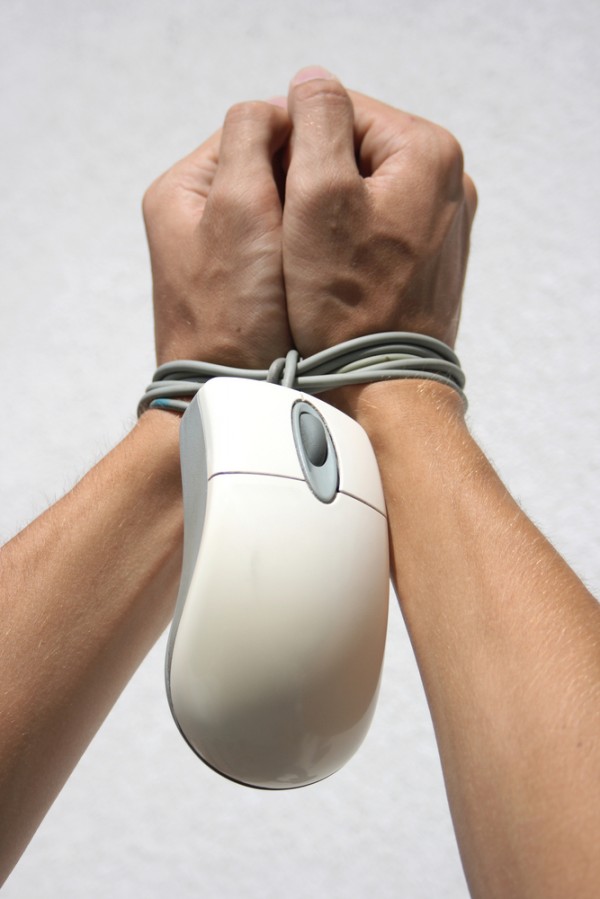
Will your website go dark to protest SOPA?
Jan. 18, 2012 is designated SOPA blackout day, with prominent websites planning to go dark in protest of two bills working through Congress -- Stop Online Piracy Act and PROTECT IP Act (PIPA). If you've got a big school project due Thursday and plan on using Wikipedia, get your research done today. The community-based encyclopedia plans to go dark tomorrow, and it's not alone.
The proposed legislation has generated gigabytes of negative responses, which included a Go Daddy boycott for supporting SOPA (since retracted) and culminates in tomorrow's blackout. Two months ago, I posed poll: "US Congress is considering two new copyright bills: PROTECT IP and Stop Online Piracy Act. Do you support them?" More than 3,500 responses later, 95 percent answered "No". You're not alone.
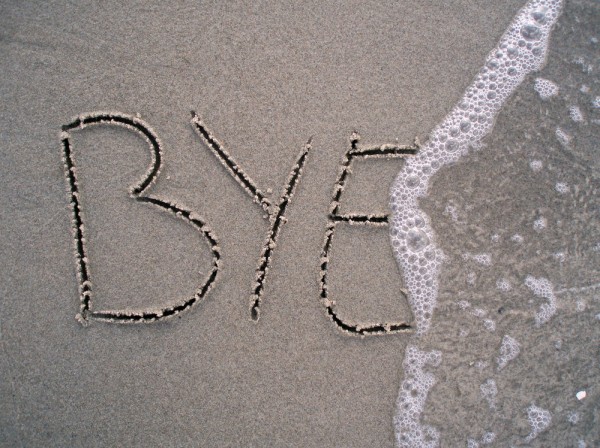
I jumped on the 'Dump Go Daddy Day' bandwagon
Today is unofficially "Dump Go Daddy Day", as people across the Internet express their outrage at the registrar's open support (retracted six days ago) for proposed legislation Stop Online Piracy Act, or SOPA. I still contend there's hysteria here, by singling out Go Daddy and ignoring other SOPA supporters. But the registrar is easy target, in part because people can so easily protest SOPA by moving their domains, and there is founder Bob Parsons' lingering public image problems -- if for no other reason than the "elephant incident".
My decision has little to do with the anti-Go Daddy mob but several considerations, SOPA being just one. While Go Daddy customer service has been good, I never liked the idea of moving my domains there. The garish website and other attributes about the business bothered me. But Go Daddy offered cheap domains compared to Network Solutions. Then came Parsons' elephant hunting video in March, and that really bugged me. SOPA support added to my displeasure. Finally, after calling NSI yesterday, I got an acceptable transfer deal that makes good economic sense right now.
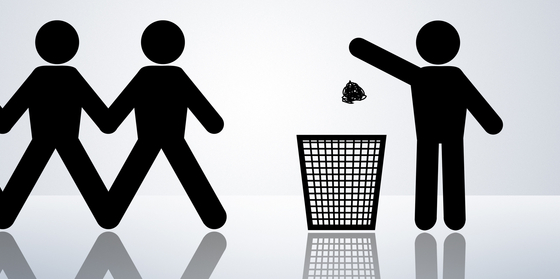
Who's dumping Go Daddy to protest SOPA?
Tomorrow is "Dump Go Daddy Day", not that many of you waited, based on your comments. For those considering to show their outrage at the registrar for active SOPA support (since withdrawn), it might be helpful to see what others are doing, where they're taking domains and exact reasoning for kicking Go Daddy down the hill.
But first, I must say that negative response to yesterday's Go Daddy/SOPA post surprised me. My some of you really are outraged. What I don't understand: Why focus all that anger on Go Daddy, or any other SOPA supporter, when legislators in the House and Senate who proposed the Stop Online Piracy Act, and sibling PROTECT IP ACT (PIPA), have the power to pass a bill into law? Wouldn't boycotting them make more sense? Or letting President Obama know how you would feel about him signing rather than vetoing the legislation? We are entering a big election year in just a few days, after all.

Stop the dump Go Daddy madness
There's a strange irony to the sudden, seemingly grassroots campaign against Go Daddy. The domain registrar supported SOPA, Stop Online Piracy Act, that many people say will curtail free speech on the Internet. Now there's mass call for a Go Daddy boycott, but it has taken on mass peer-pressure hysteria -- that by association you are somehow evil if you don't transfer domains from Go Daddy. Stated differently, Go Daddy protesters block peoples' right to choose, too, by pressuring them to leave the registrar. They're guilty now of what they accuse the government would do in the future -- suppressing freedom on the Internet.
The full force of realization hit this morning while scanning my newsfeed. I use Feedly on my Motorola XOOM LTE to check Google Reader, where I saw a TechCrunch post missed yesterday about site ByeDaddy. You can go there and see what domains use Go Daddy. Something like this exists for one reason, to extend the Go Daddy boycott to others -- to force them to give up the registrar. But there is plenty of pressure to switch elsewhere, as December 29, "Dump Go Daddy Day", approaches.
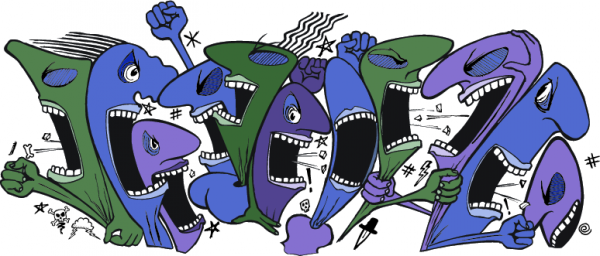
December 29 is 'Dump Go Daddy Day'
My idiots of the year award almost certainly will go to Netflix and Go Daddy, which tarnished their brands through nothing more than sheer stupidity (there are still five days in the month for your organization to royally screw up and claim the honor). Both companies tried to step back from the brink, only to watch tens of thousands of customers fly over the edge into the "frak you" abyss. I can't decide which company's actions is stupider; Go Daddy's idiocy is more recent, and the damage still unfolds.
In midsummer, Netflix raised prices and later proposed splitting into two companies. Following customer outrage, which included thousands of departures, Netflix nixed the split but not the price hike. Go Daddy's situation is potentially much worse. The registrar supported the Stop Online Piracy Act, only to change position on December 23, a day after updating reasons for standing behind the proposed legislation. SOPA support is over, but customer outrage -- and defection -- is not. December 29 has been dubbed "Dump Go Daddy Day", not that many of its customers are waiting that long.
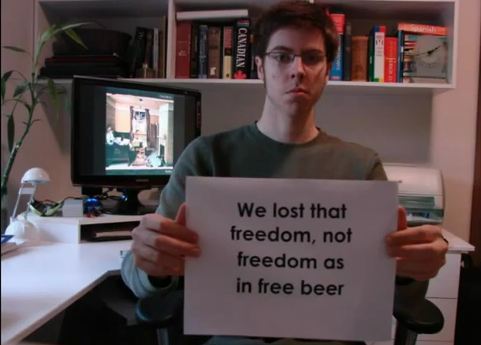
'I remember when the Internet was free'
Stop Online Piracy Act, or SOPA, is churning up increasing debate as the holidays approach. There's irony here. The very public response about SOPA is freedom the bill, or its Senate sibling PROTECT IP, could take away. Dan Bull's "SOPA Cabana" YouTube music video is example of the grassroots response to the proposed legislation. YouTube is one of the services SOPA would target, likely diminishing freedom of expression like Bull's. The headline to this post comes from his video.
To recap, Senators introduced PROTECT IP in May and House representatives did likewise with SOPA in October. Either bill would give the government broad powers to take down websites, seize domains and compel search engines from indexing these properties. Little more than a request from copyright holders is necessary. It's essentially guilty-until-proven-innocent legislation that would punish the many for the sins of the few, while disrupting the fundamental attributes that made the Internet so successful and empowered so many individuals or businesses to accomplish so much. (Review the bills: PROTECT IP. SOPA.)

What the hell is SOPA? [infographic]
All kinds of unsolicited mail pours into my inbox, and I ignore about half the stuff that probably matters -- that's if the Junk Mail filter doesn't grab it first. I'm particularly leery of messages promoting an infographic made by some organization that might have vested interest in the topic. But this one, from BusinessInsuranceQuotes, depicts such an emotionally-heated topic, I figured: "Oh, what the hell, just post the damn thing".
Feast your eyes on this little ditty about SOPA -- the Stop Online Piracy Act -- that I repeatedly mistype as "privacy", subconscious response meaning to invade it, perhaps. The infographic really lacks the drama SOPA would create if enacted as law. Little things like empowering the government to take down your site or seize your domain based on the presumption of guilt. That's the painless part. You go to jail if convicted. Perhaps Federal prisons aren't as overcrowded as California jails.

Confessions of a 'SOPA Dodger,' or why Kaspersky quit the BSA
The US blogosphere has become increasingly alarmed by the new Anti-Piracy Act – Stop Online Piracy Act or SOPA. Discussions of the topic are, to put it mildly, quite frank, with comments like: "These idiots are coming for your internet."
What is SOPA? It is support for and development of something that is currently very relevant – the protection of intellectual property. Ladies and gentlemen, this really is important! "Thou shalt not steal," as the Bible says! An author – or more often than not, a team – spends sleepless nights writing a book, composing music, shooting a film, creating software or testing software packages. Doesn’t that deserve a financial reward? Yes or no? Think before you answer – someone could well ask the same question about your profession… So?
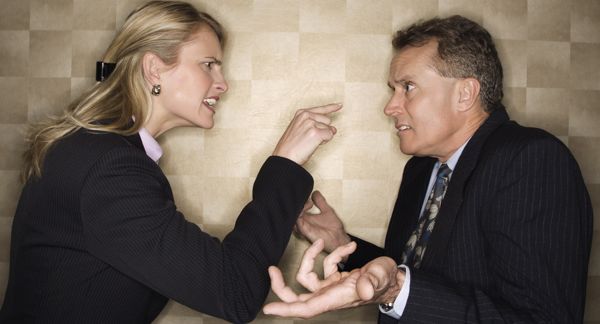
Kaspersky Lab is against SOPA: quits Business Software Alliance for supporting it
Security research company and prominent antivirus software vendor Kaspersky Lab has announced its intent to withdraw from the Business Software Alliance (BSA) because of the Alliance's support for the Stop Online Piracy Act (SOPA, also known as H.R. 3261).
The Business Software Alliance (BSA) and the Software & Information Industry Association (SIIA) are the software industry's two biggest trade groups. Since both groups have strong anti-piracy stances, neither directly opposed the Stop Online Piracy Act. Both expressed interest in working with Congress to design the law.
